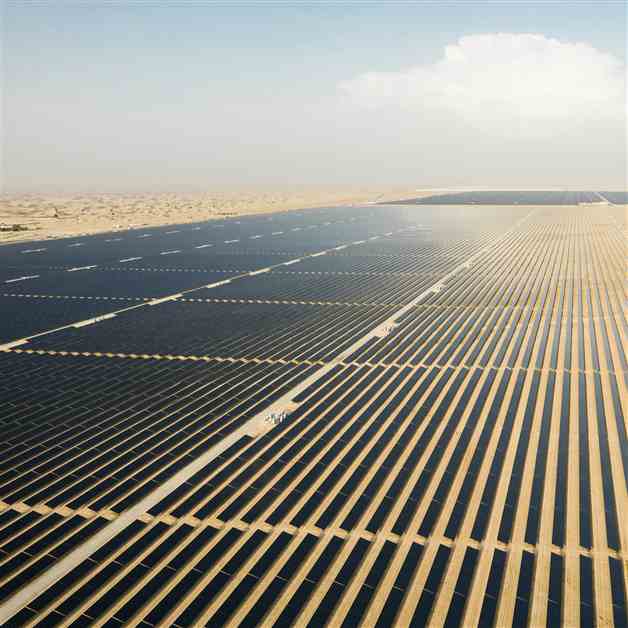Opportunity for Stronger Plans to Achieve Renewable Power Goals
New analysis from the International Energy Agency (IEA) reveals that countries have a significant opportunity to enhance their plans for increasing renewable power capacity, bringing the world closer to the goal of tripling global capacity by 2030. The report, titled “COP28 Tripling Renewable Capacity Pledge: Tracking countries’ ambitions and identifying policies to bridge the gap,” highlights that while renewable power is crucial for meeting energy and climate objectives, many countries have yet to establish clear 2030 targets for installed capacity in their Nationally Determined Contributions (NDCs) under the Paris Agreement.
Currently, official commitments in NDCs fall short of the required 1,300 gigawatts (GW) needed to achieve the global tripling objective set in Dubai. However, the analysis indicates that countries’ domestic ambitions exceed this, with plans for nearly 8,000 GW of global installed renewable capacity by 2030. By incorporating these existing policies, plans, and estimates into their revised NDCs due next year, countries could align 70% of the way towards the tripling goal, which corresponds to 11,000 GW of installed renewable capacity globally.
While there is ample room for countries to align their NDCs with their domestic ambitions, the report stresses the need for accelerated implementation and increased ambitions to meet the tripling goal. The IEA emphasizes the importance of turning promises into actionable plans to achieve the targets set at COP28, which include tripling renewables and doubling energy efficiency improvements by 2030.
The report notes a growing trend towards renewable energy sources such as solar PV and wind, driven by declining costs and efforts to establish more sustainable energy systems with reduced emissions. Despite significant progress in renewable capacity additions, challenges such as project permit delays, inadequate grid infrastructure investment, and the integration of variable renewables persist. The report offers targeted recommendations for countries to address these obstacles, including measures to reduce financing costs and improve project bankability.
As countries gear up to deliver the next round of NDCs under the Paris Agreement, the IEA remains committed to supporting governments in achieving their renewable energy goals and driving progress towards a secure, affordable, and sustainable energy future.








